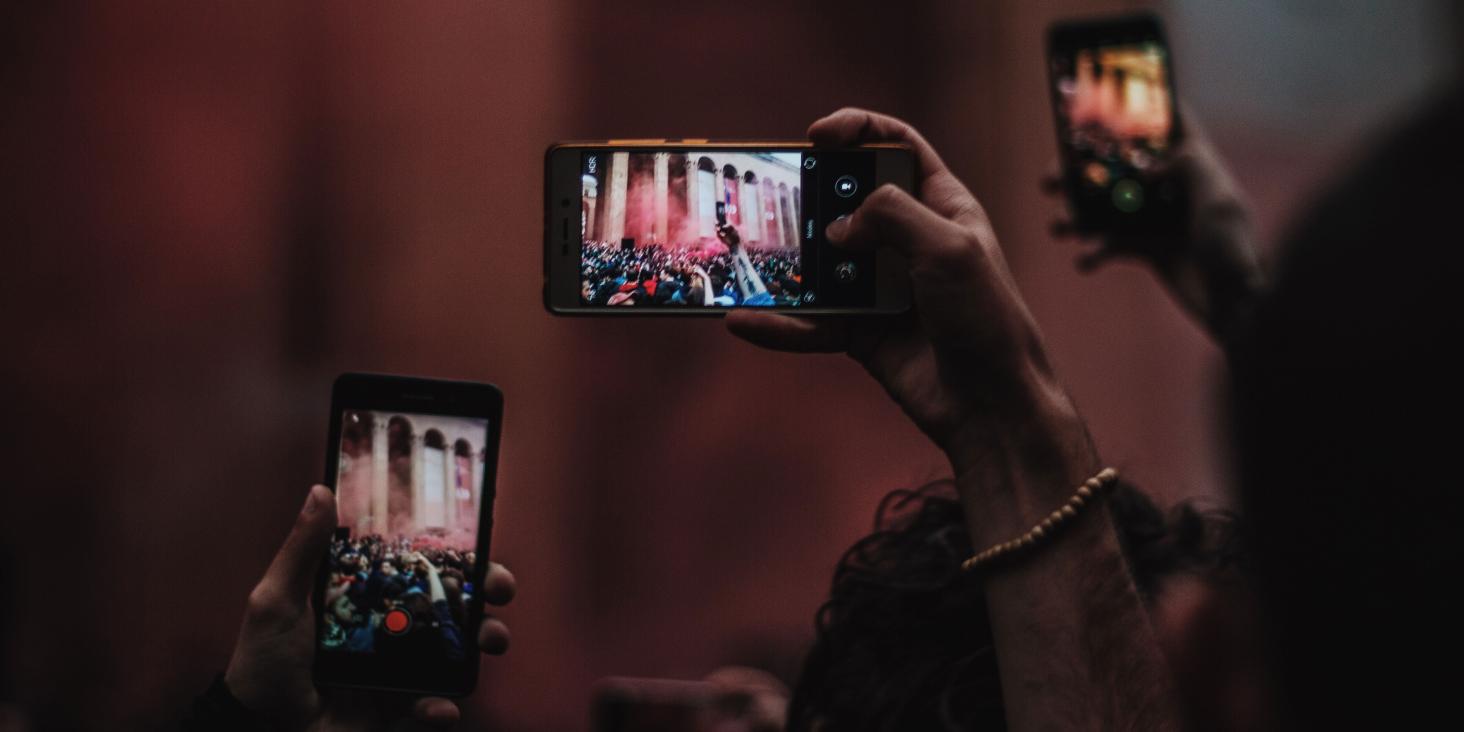
Conveners: Manuela Caiani and Hans Joerg Trenz (SNS)
Financial and logistic support Scuola Normale Superiore, Faculty of Political and Social Sciences, Florence
The Scuola Normale Superiore (Florence, Italy) invites applications from doctoral students for the 2025 Ph.D. School on Visual Analysis and Contentious Politics. The PhD School will be held at the Palazzone di Cortona, one of the colleges of the Scuola Normale Superiore, in the small town of Cortona in southern Tuscany, Italy. The school will take place from June 02-5 2025.
When: 02 June – 05 June 2025
Where: Scuola Normale Superiore, Palazzone di Cortona, Cortona (Arezzo)
Contacts: Prof. Manuela Caiani (manuela.caiani@sns.it), Prof. Hans-Joerg Trenz (hansjorg.trenz@sns.it)
Description
Studies on online political communication, participation and mobilisation increasingly integrate visual materials among relevant data for the understanding of contentious politics. To explore the symbolic messages and discursive meaning of images in online campaigning, contentious politics, political participation and progressive and regressive mobilisation this PhD school focuses on methods of visual content analysis. Visual productions by political actors such as photos, posters, leaflets and memes are considered relevant for their power to communicate, to mobilise political protest (e.g. during the Covid-19) and as tools of propaganda (e.g. during the Ukraine war). The PhD school will further pay attention to the new salience of visuality in online political contestation of values and democracy, This regards in particular the mobilisation of radical political forces of the political right and the left, expressions of populism, anti-gender, no vax, hate speeches and conspiracies. What images are used by these actors to tell their stories? What (pop-)cultural repertoires do they tap into to create resonance with their target audience? Which narrative and visual strategies do transitional phenomena, as ‘movement parties’, online opinion movements or conspiracy mobilisations use as forms of contentious politics?
The PhD school welcomes papers on geographical areas and actors that are underrepresented in current research and media coverage.
Application procedure
The PhD School is open to 17 Ph.D. researchers with an interest in visual analysis and the study of political conflicts on social media. Applicants should submit a curriculum vitae and a short cover letter (no more than 1 page) outlining how their research focus fits with the topic of the PhD School and how participation in the school would benefit their research. These materials should be submitted as one PDF by sending an email to Prof. Manuela Caiani (manuela.caiani@sns.it) and Prof. Hans-Joerg Trenz (hansjorg.trenz@sns.it) before the 15st of March 2025. Accepted candidates will be notified not later than March 30.
Enrolment fees, accommodation and location
There are no enrolment fees. The organisers will help providing accommodation in either single or double rooms in hotels in Cortona. Travel and accommodation costs for the duration of the stay need to be covered by the participants. Lunch and coffee breaks are covered by the School. Cortona is a small town in the South of Tuscany, Italy, in easy reach by train from Florence or Rome. Classes will take place in the same location.
Provisional programme of the PhD School
The PhD School consists of three days with lectures by prominent scholars in the field of image analysis in the morning and sessions on carrying out visual analysis in the afternoon. The students will have a theoretical session and a methodological session every day, followed by a lab in which they apply the methods that they learn. Students will also get feedback from experts in the field of image analysis about their own research projects.
Monday 02/06/2025
14.00-14.30 Welcome and practical infos by Manuela Caiani and Hans-Joerg Trenz
14.30-16.00 Lecture 1: Political conflict in digital images (Prof. Hans-Joerg Trenz, SNS) 16.00-16.30 Break
16.30-18.30 Feedback Session 1
Tuesday 03/06/2025
09.15-11.00 Lecture 2: Analysing the visual repertoires of far-right extremism – from memes to merch (Prof. Tina Askanius, University of Malmö)
Discussants:
11.00-11.30 Break
11.30-13.00 Practical Session 1: Tina Askanius
13.00-14.30 Lunch
14.30-16.30: Feedback Session 2
16.30-17.00 Break
17.00-18.30 Lecture 3: Visual analysis and the Radical Right (Prof. Manuela Caiani, SNS) Wednesday, 04/06/2025
09.15-11.00 Lecture 4: Computer Vision for Contentious Politics (Prof. Luca Rossi, University of Copenhagen)
11.00-11.30 Break
11.30-13.00 Practical Session 2: Luca Rossi
13.00-14.30 Lunch
14.30-16.00 Lecture 5: Emotions and populism: a visual perspective (Prof. Donatella Bonansinga, University of Southampton)
16.00-16.30 Break
16.30-18.30 Feedback Session 3 and Feedback Session 4 (parallel sessions): 20.00 Dinner
Thursday, 05/06/2025
09.15-11.00 Lecture 5: Analysing Visuals: A CDA Perspective (Prof. Bernhard Forchtner, University of Leicester)
11.00-11.30 Break
11.30-13.00 Practical Session 3 (Bernhard Forchtner)
13.00 Lunch
Journal Article - 2025
Journal Article - 2023
Journal Article - 2023
Journal Article - 2023
Journal Article - 2023
Monograph - 2023
Monograph - 2022
Monograph - 2022
Journal Article - 2021
Journal Article - 2021